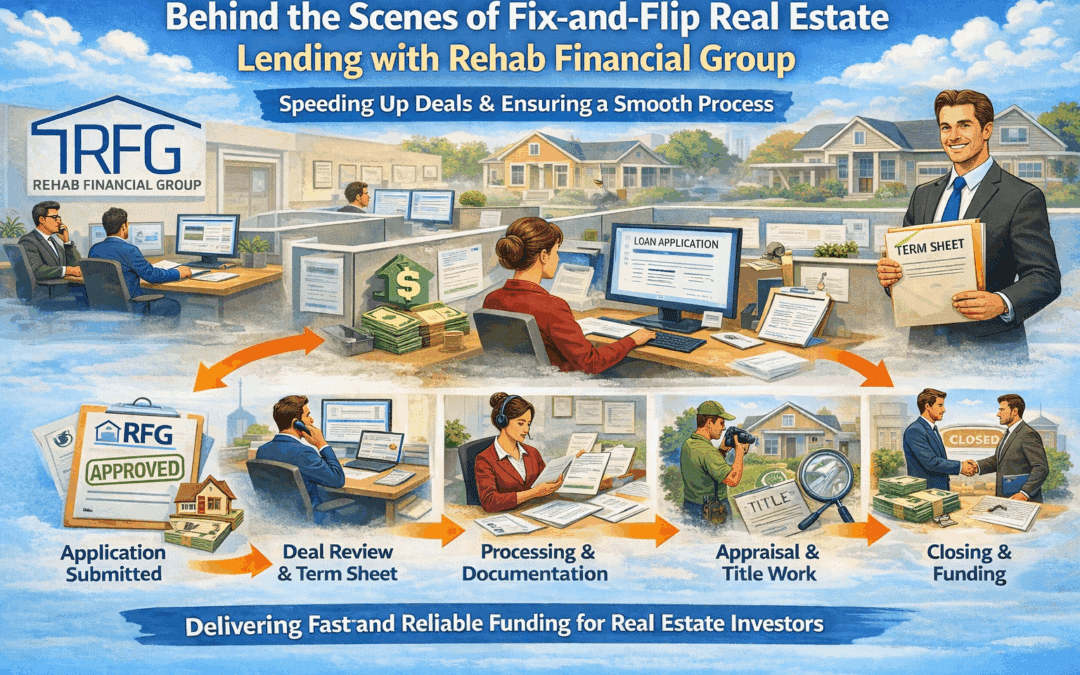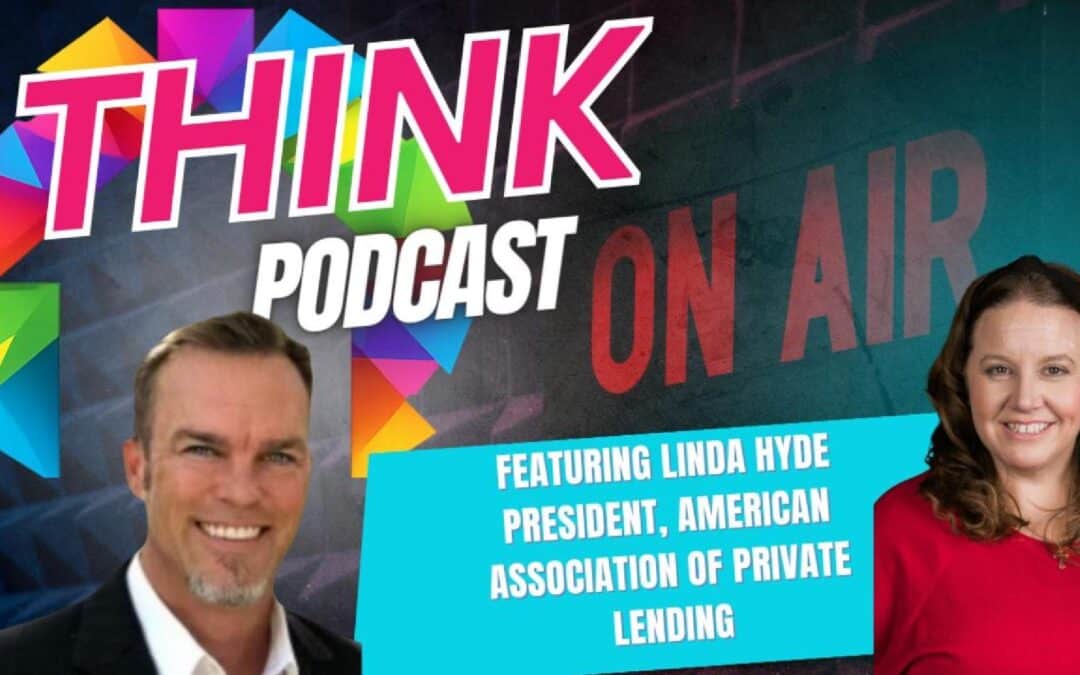Often times new real estate investors purchase buy and hold properties without truly understanding the importance of having a good lease and regulation handbook. While attending many networking meetings I hear people say they downloaded a lease they found online or at a local big box store. Most of these investors have studied and saved for at least a year before deciding on their first investment property, and yet aren’t willing to spend money and time on the fundamental value of a lease agreement. It is often over looked and not valued as an essential piece to the real estate investing journey. I recommend you search for a referral source to find an experienced real estate attorney or legal service familiar with the local laws on housing when you begin investing.
The lease is the main document that summarizes the terms of your agreement, house rules and regulations. It can encompass specific rules and standards you set to protect your property.
Discussion Points for You and Your Legal Team
Here are three items you should discuss with your legal team to find out how to best protect yourself and your investment property.
1 | Language Impact on Resident Actions
Consider the impact of including language that states residents are responsible for the actions of guests, friends, family and anyone who visits or enters the residence. We hear of stories frequently involving guests who have entered and the landlord is aware of the guest then later finds out the couch surfer has been put out from their own residence for unbecoming behaviors. Be sure you ask the question and follow up on best practices in your area.
2 | Build Bridges with Local Municipalities
Get to know the departments in the local municipality that handle codes and violations. This can range from the building division, police department, to the environmental health department. Your lease should include language that protects you from being fined by the local municipality for behaviors that are not acceptable in your town. Providing a list of items to the resident and including language in your lease that specifically details how these fines will be charged and collected is key to reducing risky escalating fines.
-
- Are residents allowed to sleep in the basement without an exit, is there a fine associated?
- What fines might be assessed if trees and grass are not cut or trimmed on a regular basis?
- What health department fines are tied to inside and outside hoarder behavior?
- Is there a proper time garbage should be placed on the street?
- Is there a fine for slow dumpster pickups that cause garbage to fly around or accumulate on neighboring property?
- Are there fines associated with the labeling of recycling bins?
3 | Language Usage for Tenant Move-Out
Be sure to find out what exit language you should include in your lease. Too often like dating and marriage we only envision the good days yet don’t make plans for the rough times or ending of a relationship. When a resident is ready to leave your property, hopefully many years after moving in, you’ll want to ensure the property is kept clean and tidy so you can begin showing the property to new prospects. Good legal advice on adding in specific guidelines for showing the property, in a considerate manner to the current tenant, offers you the opportunity to reduce your days of vacancy and is key to keep your property occupied.
A vacant unit greatly reduces cash flow and in many areas of the country there are peak rental months. Be sure your lease and your house rules capture the necessary language and steps to help that go smoothly.
Linda Liberatore is a member of more than seven REIAs in the Chicago area, president of the Lake County Property Investors Association, and shares her knowledge about effective, profitable property management at local and national REIA events as well as on podcasts and in print nationally. She will be presenting “How to Save 7 hours and $1,000 Each Month While Growing Your Real Estate Wealth and Rental Portfolio” at Think Realty’s National Conference and Expo in Atlanta, Georgia, on October 14, 2017, and contributing to Think Realty’s newsletter with valuable information leading up to that event. Click HERE to reserve your spot now.
























0 Comments